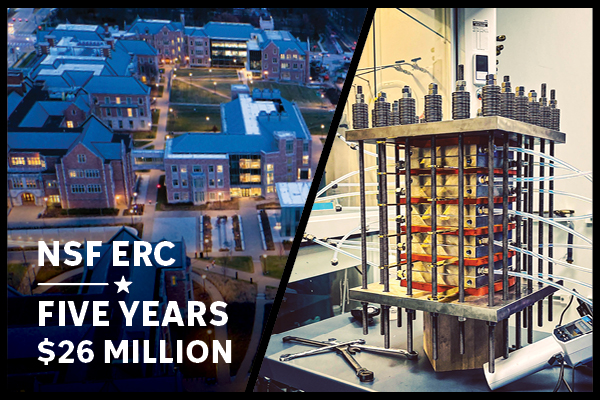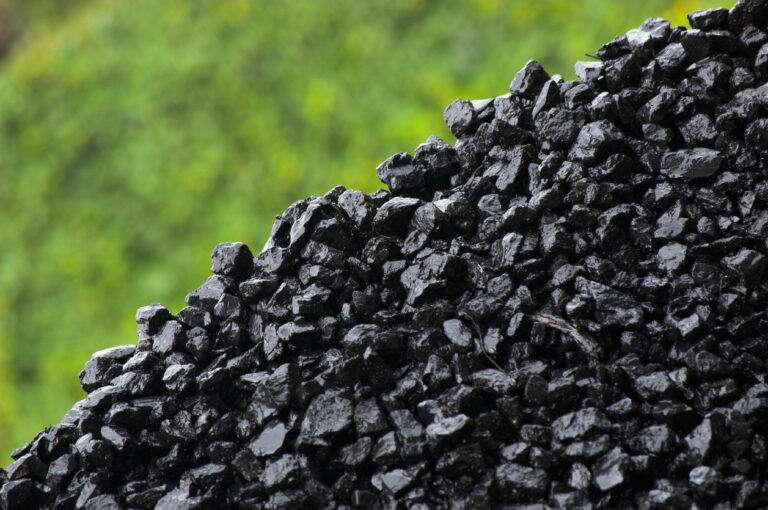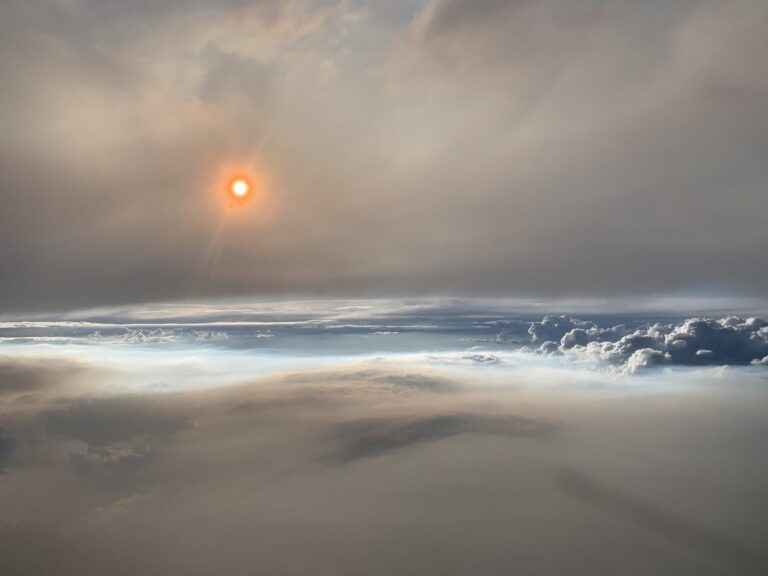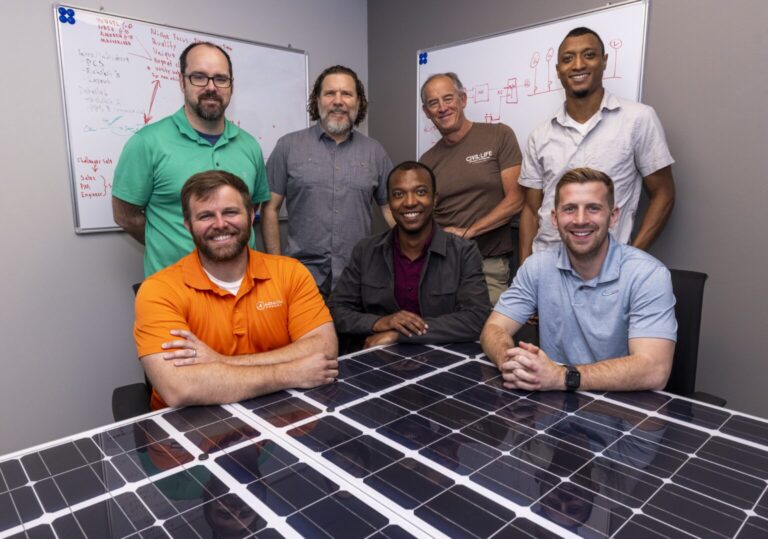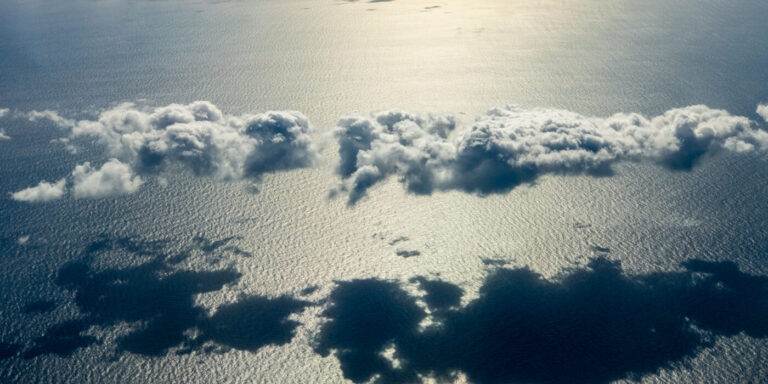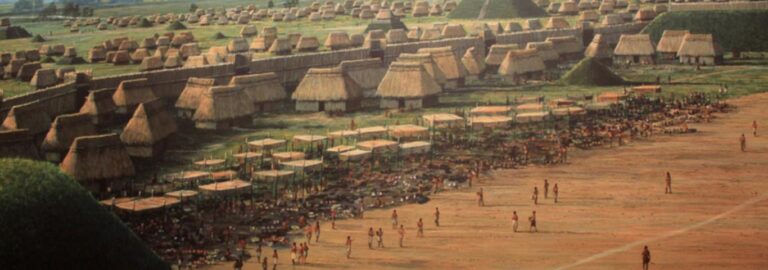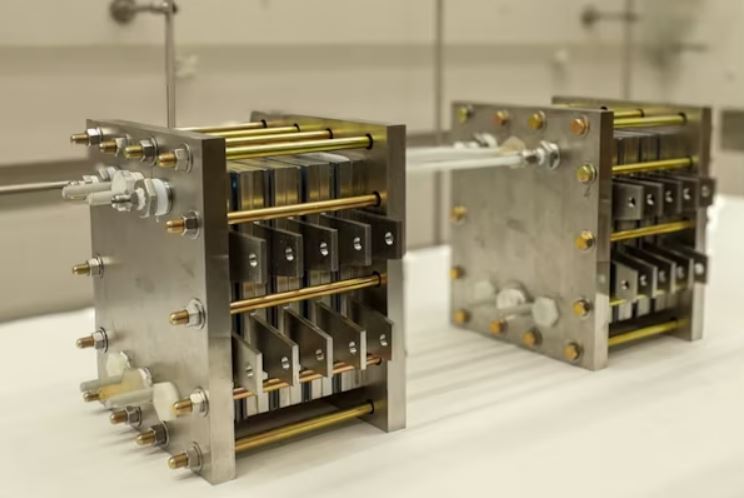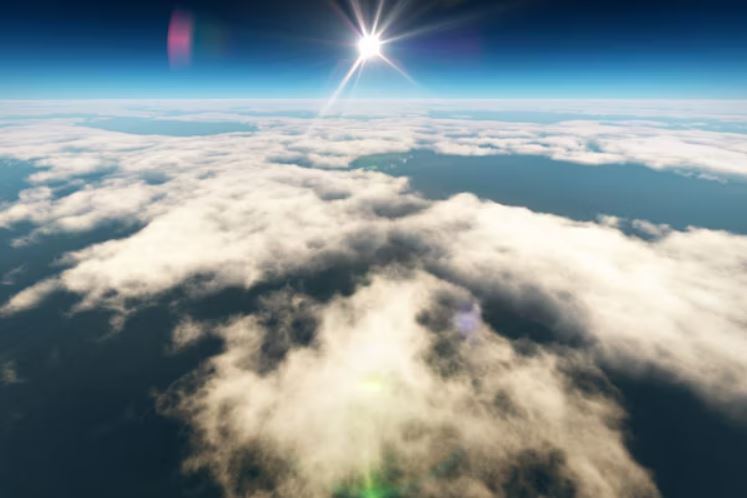WashU to lead $26 million decarbonization initiative
A collaboration of universities and industry is embarking on a bold plan to transform manufacturing toward zero or negative emissions by converting carbon dioxide ultimately into environmentally friendly chemicals and products.
Sustainable technology to extract critical materials from coal-based resources
Young-Shin Jun to develop novel technology to extract, recover and enrich rare earth elements from coal-based resources.
WashU researchers quantify solar absorption by black carbon in fire clouds
New findings from Chakrabarty lab will help make climate models more accurate as massive wildfires become more common.
Competitive Energy
Alumnus Deko Devins is on a mission to make solar power more widespread, affordable and accessible.
Scientists find new way global air churn makes particles
Researchers at Washington University in St. Louis have discovered a new mechanism by which particles are formed around the globe, often high up in the troposphere.
New study adds to mystery of Cahokia exodus
Assistant Professor Natalie Mueller and Caitlin Rankin, PhD ’20, dig into Cahokia’s history to cast doubt on a popular theory about why the ancient city was abandoned.
Altered carbon points toward sustainable manufacturing
Feng Jiao scaled up carbon dioxide conversion process to a much larger scale.
Martin named highly ranked scholar by ScholarGPS
Randall Martin highly ranked for work in satellite, nitrogen oxide, pollution
Chakrabarty, collaborators win Simons Foundation International grant for geoengineering
Rajan Chakrabarty, Rohan Mishra and Lu Xu will explore stratospheric aerosol injection with a $1.5 million grant from the Simons Foundation International.
Quantum physics may help lasers see through fog, aid in communications
An engineer in the McKelvey School of Engineering at WashU is implementing quantum technology to develop ways that lasers can operate effectively in environments with adverse conditions.
